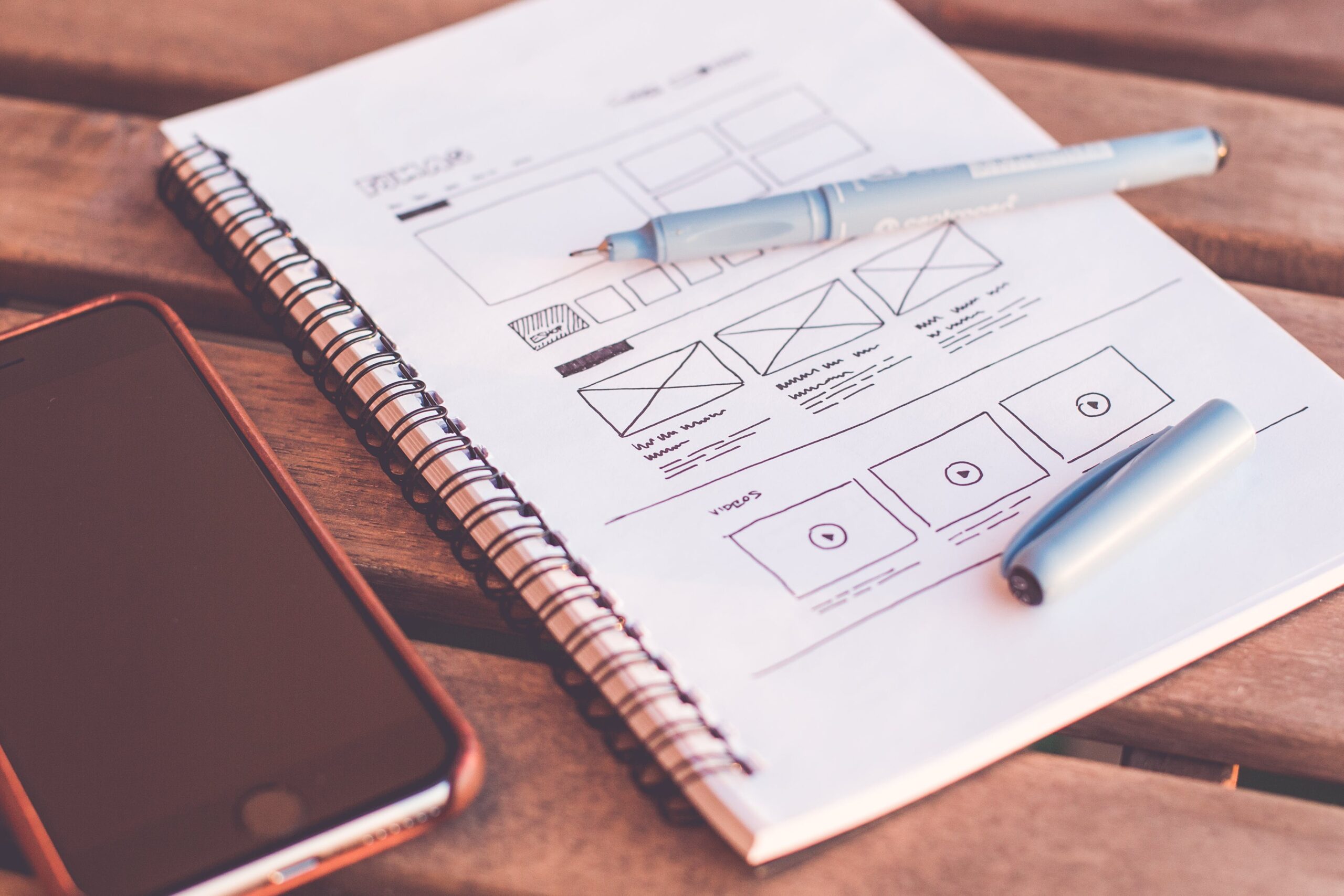
Elementor is a popular page builder plugin for WordPress that allows users to create stunning websites without the need for coding. However, like any software, IT is not immune to hiccups that may result in Website crashes. Navigating these hiccups can be challenging, but with the right troubleshooting steps, you can get your website back up and running in no time.
Common Elementor Hiccups
Before we dive into troubleshooting steps, let’s first identify some common Elementor hiccups that may cause website crashes. These include:
- Memory Limit Exhaustion: Elementor’s drag-and-drop interface and advanced features can consume a significant amount of memory, especially when building complex pages. This can lead to memory limit exhaustion and ultimately result in a website crash.
- Plugin and Theme Compatibility Issues: Elementor may not play well with certain plugins and themes, leading to conflicts that can cause website crashes.
- Server Configuration Problems: Issues with your server configuration, such as an outdated PHP version or insufficient server resources, can also lead to Elementor-related website crashes.
- Elementor Updates: Sometimes, updating Elementor to the latest version may introduce bugs or compatibility issues that can result in website crashes.
Troubleshooting Steps
Now that we’ve identified some common Elementor hiccups, let’s explore the troubleshooting steps to navigate these issues and prevent website crashes.
1. Increase Memory Limit
If memory limit exhaustion is causing your website to crash, you can increase the memory limit allocated to PHP by editing your wp-config.php file. Simply add the following line of code:
define('WP_MEMORY_LIMIT', '256M');This will increase the memory limit to 256 megabytes, which should provide ample resources for Elementor to function smoothly without causing website crashes.
2. Disable Conflicting Plugins and Themes
If you suspect that conflicting plugins or themes are causing website crashes, you can troubleshoot this issue by deactivating all plugins and switching to a default WordPress theme. Then, re-enable each plugin and theme one by one to identify the culprit. Once you’ve pinpointed the conflicting plugin or theme, consider finding an alternative or reaching out to the developer for a solution.
3. Check Server Configuration
Server configuration problems can also lead to Elementor-related website crashes. Ensure that your server meets the minimum requirements for running WordPress and Elementor, such as having a compatible PHP version and sufficient memory and disk space. You can also reach out to your web hosting provider for assistance in optimizing your server configuration for Elementor.
4. Monitor Elementor Updates
Elementor frequently releases updates to add new features, enhance performance, and fix bugs. However, these updates may sometimes introduce new issues that can cause website crashes. Before updating Elementor, it’s a good practice to check user feedback and reviews to gauge the stability of the update. Additionally, consider testing updates on a staging site before applying them to your live website to mitigate the risk of crashes.
Conclusion
Elementor is a powerful page builder plugin that can elevate the design and functionality of your website. However, navigating hiccups and troubleshooting website crashes is an inevitable part of managing a website powered by Elementor. By following the troubleshooting steps outlined in this article, you can effectively address and prevent Elementor-related crashes, ensuring a seamless and reliable website experience for your visitors.
FAQs
Q: Can I use a caching plugin with Elementor?
A: Yes, you can use a caching plugin with Elementor, but it’s important to configure it properly to avoid conflicts that may lead to website crashes. Consider excluding Elementor’s dynamic elements from caching to ensure that they function properly.
Q: What should I do if my website crashes after updating Elementor?
A: If your website crashes after updating Elementor, you can roll back to the previous version of the plugin by restoring a backup of your website. This will revert your website to a stable state while you wait for the issue to be addressed in a future update.
Q: How can I optimize Elementor for performance?
A: To optimize Elementor for performance, consider minimizing the use of heavy background videos and animations, optimizing images for the web, and using lazy loading for offscreen images and videos. Additionally, keep your Elementor and WordPress installations up to date to benefit from performance enhancements and bug fixes.





